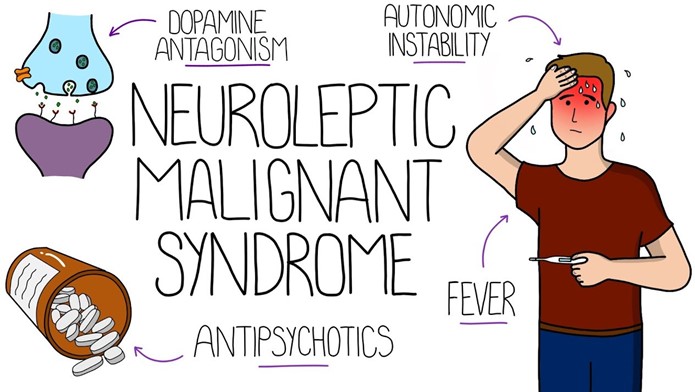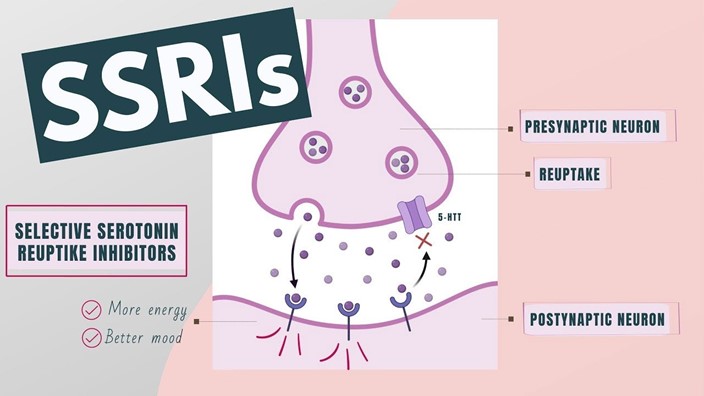A client with dementia who was taking olanzapine was recently prescribed chlorpromazine for hiccups. The client is currently experiencing high fever, unstable blood pressure, increased confusion, and rigidity. What does the nurse suspect?
Accelerated dementia
Infection
Aspiration
Neuroleptic malignant syndrome
The Correct Answer is D
The client's symptoms of high fever, unstable blood pressure, increased confusion, and rigidity are consistent with neuroleptic malignant syndrome (NMS) ⁴. NMS is a rare but life-threatening reaction that can occur in response to neuroleptic or antipsychotic medication ⁴. In this case, the client was taking olanzapine and was recently prescribed chlorpromazine, both of which are antipsychotic medications that can cause NMS ⁴.
Option A is incorrect because accelerated dementia would not cause the sudden onset of these symptoms.
Option B is incorrect because an infection would not explain the sudden onset of these symptoms after starting a new medication.
Option C is incorrect because aspiration would not cause rigidity or unstable blood pressure.

Nursing Test Bank
Naxlex Comprehensive Predictor Exams
Related Questions
Correct Answer is D
Explanation
A selective serotonin reuptake inhibitor (SSRI) would be chosen as a first-line treatment option over a tricyclic antidepressant (TCA) for several reasons, including reducing the risk of suicide with overdose ³. TCAs have a higher potential for serious or fatal toxicity when taken in large amounts compared to SSRIs ³.
Option A is incorrect because SSRIs can cause sexual dysfunction as a side effect.
Option B is incorrect because both SSRIs and TCAs can cause weight gain and gastrointestinal (GI) effects.
Option C is incorrect because SSRIs can increase the risk of serotonin syndrome when taken with other medications that affect serotonin levels.

Correct Answer is C
Explanation
An accidental administration of a dose greater than recommended can result in toxicity. This means that the medication reaches harmful levels in the body and can cause damage to organs or other adverse effects.
Option A is incorrect because an overdose is more likely to increase side effects rather than decrease them.
Option B is incorrect because a lowered therapeutic threshold means that a lower dose of medication is needed to achieve the desired effect, which is not related to an overdose.
Option D is incorrect because an overdose can increase the effectiveness of the medication to dangerous levels, rather than decrease it.
Whether you are a student looking to ace your exams or a practicing nurse seeking to enhance your expertise , our nursing education contents will empower you with the confidence and competence to make a difference in the lives of patients and become a respected leader in the healthcare field.
Visit Naxlex, invest in your future and unlock endless possibilities with our unparalleled nursing education contents today
Report Wrong Answer on the Current Question
Do you disagree with the answer? If yes, what is your expected answer? Explain.
Kindly be descriptive with the issue you are facing.
